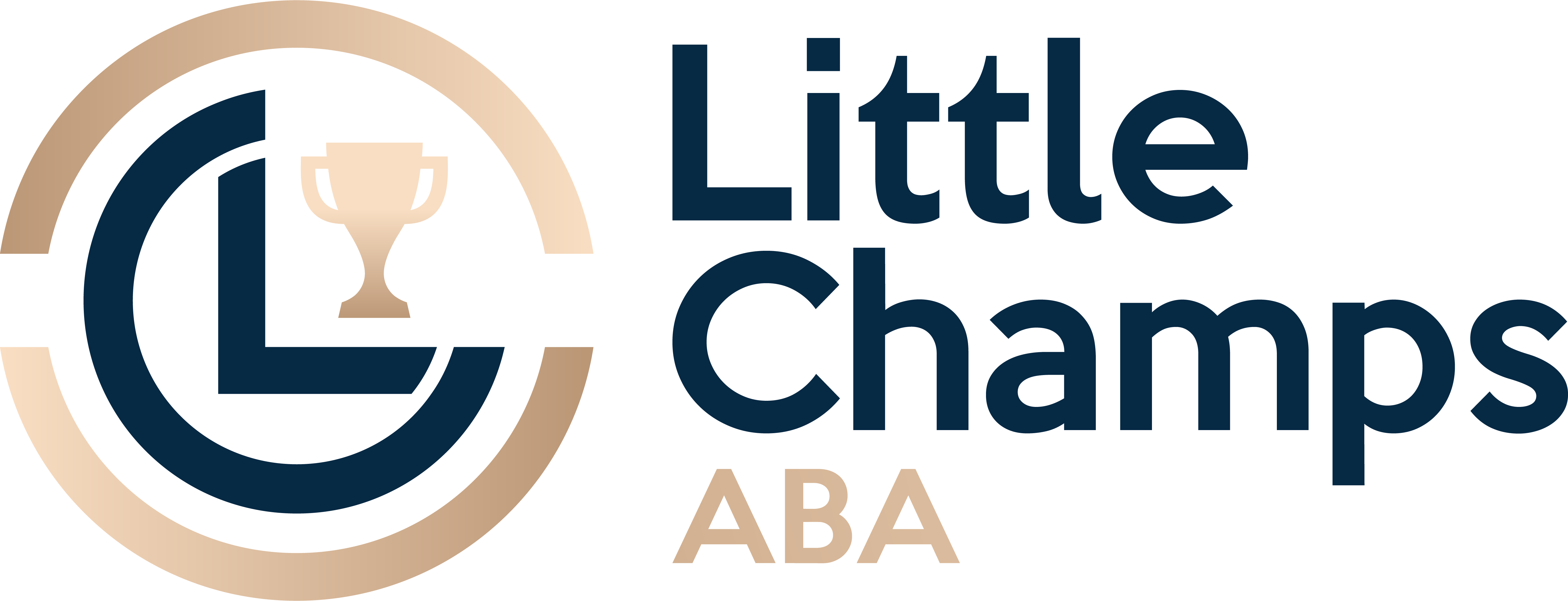
BCBA Exam Overview
The Board Certified Behavior Analyst exam evaluates a candidate’s knowledge and application of behavior analysis principles. BCBA pass rate statistics offer essential insights into how challenging this assessment can be and how well training programs align with the exam content. The test is a single-day, computer-based exam with 185 multiple-choice questions, including 10 unscored pilot items. Questions are based on the BACB 6th Edition Test Content Outline, covering domains such as ethical practice, behavior-change systems, and measurement. Candidates must earn at least 76 percent to pass, according to the BACB’s modified Angoff standard-setting process.
Exam Structure Overview
- Total questions: 185 (175 scored, 10 pilot)
- Test duration: 4 hours
- Content domains:
-
- Foundations of behavior analysis
- Measurement and experimental design
- Behavior-change procedures
- Personnel supervision and management
- Ethical and professional conduct
Scoring and Criteria
The BACB sets a minimum passing score of 76 percent through a modified Angoff method. This approach gathers expert judgments on item difficulty and calibrates cut scores accordingly. Unscored pilot questions appear randomly and help refine future exams. Candidates receive a pass or fail notification immediately after completing the test.
Interpreting Pass Rate Data
Exam pass percentages vary considerably based on the candidate’s background and exam attempt. In 2024, only 54 percent of first-time takers achieved a passing score, down from 66 percent in 2020. Retake candidates saw a modest improvement to 25 percent success.
First Time vs Retake
First-time candidates generally outperform retakers. Typical figures include:
- First-time pass rate (2024): 54 percent
- Retake pass rate (2024): 25 percent
Retakers often focus on missed content areas but may still face test-taking anxiety or gaps in review, which helps explain lower pass percentages.
Domestic vs International
Geographic differences also shape pass outcomes. In 2020, candidates from accredited US and Canadian programs posted a 65 percent first-time pass rate, while international test takers averaged 47 percent.
| Candidate Group | First-Time Pass Rate |
| US and Canada (2020) | 65% |
| International (2020) | 47% |
Limited language support, fewer supervision options, and regional curriculum alignment may contribute to this gap.
Data Caveats
- Programs with fewer than six first-time candidates may not report annual rates.
- Aggregated figures can mask strong or weak performance by individual programs.
- Year-to-year fluctuations sometimes reflect exam content changes rather than candidate ability.
Accreditation Impact on Rates
Program accreditation strongly correlates with higher success. In 2020, first-time candidates from accredited university programs passed at a 67 percent rate, while those from non-accredited programs managed only 49 percent.
| Program Type | First-Time Pass Rate (2020) |
| Accredited University | 67% |
| Non-Accredited Program | 49% |
Accredited programs typically offer rigorous curricula and direct alignment with the BACB Test Content Outline, boosting candidate readiness.
Verified Course Sequence
A Verified Course Sequence (VCS) adds another layer of quality assurance. Between 2013 and 2020, first-time pass rates for VCS programs varied by delivery mode and accreditation status:
| VCS Type | Pass Rate |
| Campus and Hybrid | 73% |
| Both Campus and Online | 63% |
| Online Only | 60% |
| ABAI-Accredited VCS | 74% |
| Non-Accredited VCS | 63% |
Programs housed within ABAI-accredited institutions outperformed those without such affiliation by 11 percentage points (PMC).
Candidate Success Factors
Several variables influence an individual’s odds of passing the BCBA exam. Understanding these can help candidates and their support networks focus their preparation efforts.
Study Plan Essentials
Structured study plans improve outcomes. High-achieving candidates often:
- Rotate among textbooks, online modules, and flashcards
- Create weekly goals tied to content domains
- Include regular self-testing to track progress
This balanced approach ensures coverage of all exam areas rather than over-focusing on perceived weaknesses.
Fieldwork Supervision Benefits
Hands-on experience under certified BCBA supervision boosts success. Supervised fieldwork allows candidates to:
- Apply theoretical concepts in real scenarios
- Receive targeted feedback on technique
- Build confidence through guided practice
Greater supervised hours often translate to higher pass rates.
Test Taking Confidence
Beyond content mastery, exam strategy matters. Factors linked to improved confidence include:
- Familiarity with computer-based testing formats
- Simulation of exam timing and breaks
- Development of anxiety-reduction techniques, such as deep breathing
Candidates who practice under realistic conditions tend to perform better on test day.
Tracking Pass Rate Trends
Understanding historical data helps predict future patterns and informs preparation resources.
Recent Year Comparisons
| Year | First-Time Pass Rate | Retake Pass Rate |
| 2018 | 67% | — |
| 2019 | 70% | — |
| 2020 | 65% | 15% |
| 2021 | 79% | — |
| 2023 | — | 23% |
| 2024 | 54% | 25% |
A surge in first-time pass rates to 79 percent in 2021 likely reflects closer alignment between exam content and preparation resources. Recent declines suggest ongoing evolution in exam difficulty.
Long-Term Patterns
- Modest growth in pass rates from 2017 to 2020 indicated gradual improvements in candidate preparation.
- Accredited and VCS programs consistently outperform non-accredited alternatives.
- Retake pass rates remain substantially lower, underscoring the value of thorough first-time preparation.
Effective Preparation Strategies
Actionable steps can boost a candidate’s readiness and confidence.
Review Test Content Outline
Candidates should study the BACB 6th Edition Test Content Outline in detail. Mapping study sessions to each domain ensures no area is overlooked.
Form Study Groups
Peer collaboration offers accountability and diverse perspectives. Study groups can:
- Divide domain summaries among members
- Host regular quizzes
- Share flashcards or mnemonic devices
Use Practice Tests
Simulating the exam environment with timed practice tests can:
- Identify weak content areas
- Build endurance for the four-hour session
- Familiarize candidates with question styles
High-quality question banks and mock exams are essential resources.
Conclusion
BCBA pass rate statistics illuminate both exam complexity and training effectiveness. Families, educators, and aspiring analysts can use these figures to choose accredited programs, structure study plans, and prioritize supervised fieldwork. Recent data highlight the advantage of first-time preparation and the ongoing need for alignment between coursework and exam content.
Candidates preparing for their BCBA exam should begin by reviewing the BACB Test Content Outline, forming collaborative study groups, and practicing under realistic conditions. Supporters can assist by helping to schedule study blocks and facilitating access to high-quality prep materials. Armed with these insights and a structured approach, prospective BCBAs can increase their chances of success and move confidently toward certification.
At Little Champs ABA, our BCBA-led team is committed to turning evidence-based strategies into real-world progress for children with autism. Just as aspiring behavior analysts prepare with structured plans and trusted support, we design individualized ABA therapy programs across Utah and Colorado that build communication, social, and daily living skills. Families can count on us for compassionate, consistent care that promotes independence and confidence.
Contact us today to schedule a consultation or join our team to support a child’s unique journey.
Frequently Asked Questions
What does a BCBA do in ABA therapy?
A BCBA (Board Certified Behavior Analyst) designs and oversees ABA therapy programs. They conduct assessments, create individualized treatment plans, and supervise RBTs and therapists to ensure quality, ethical care.
Why is BCBA supervision important in ABA therapy?
Supervision ensures that therapy is data-driven, ethical, and personalized. It also provides ongoing training for therapists, which improves consistency and outcomes for children with autism.
How do I know if my ABA provider has qualified BCBAs?
Families should ask about staff credentials, confirm BCBA certification through the BACB registry, and ensure that BCBAs are actively involved in creating and monitoring treatment plans.
SOURCES:
https://passthebigabaexam.com/the-bacb-6th-edition-assessing-all-the-changes/
https://passthebigabaexam.com/what-is-the-bcba-exam-pass-rate/
https://pmc.ncbi.nlm.nih.gov/articles/PMC9582067/
https://www.bacb.com/university-examination-pass-rates/
https://www.bacb.com/about/bacb-certificant-annual-report-data/


